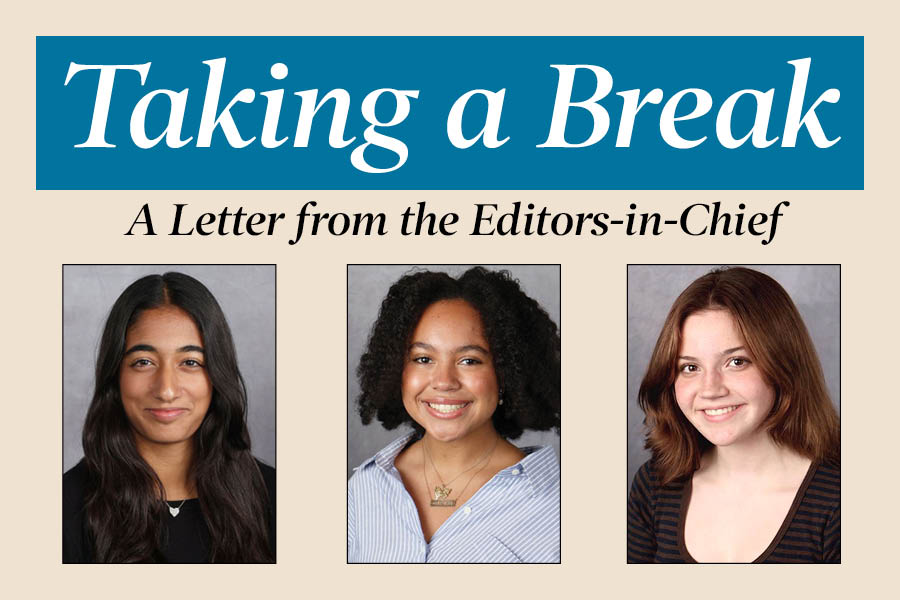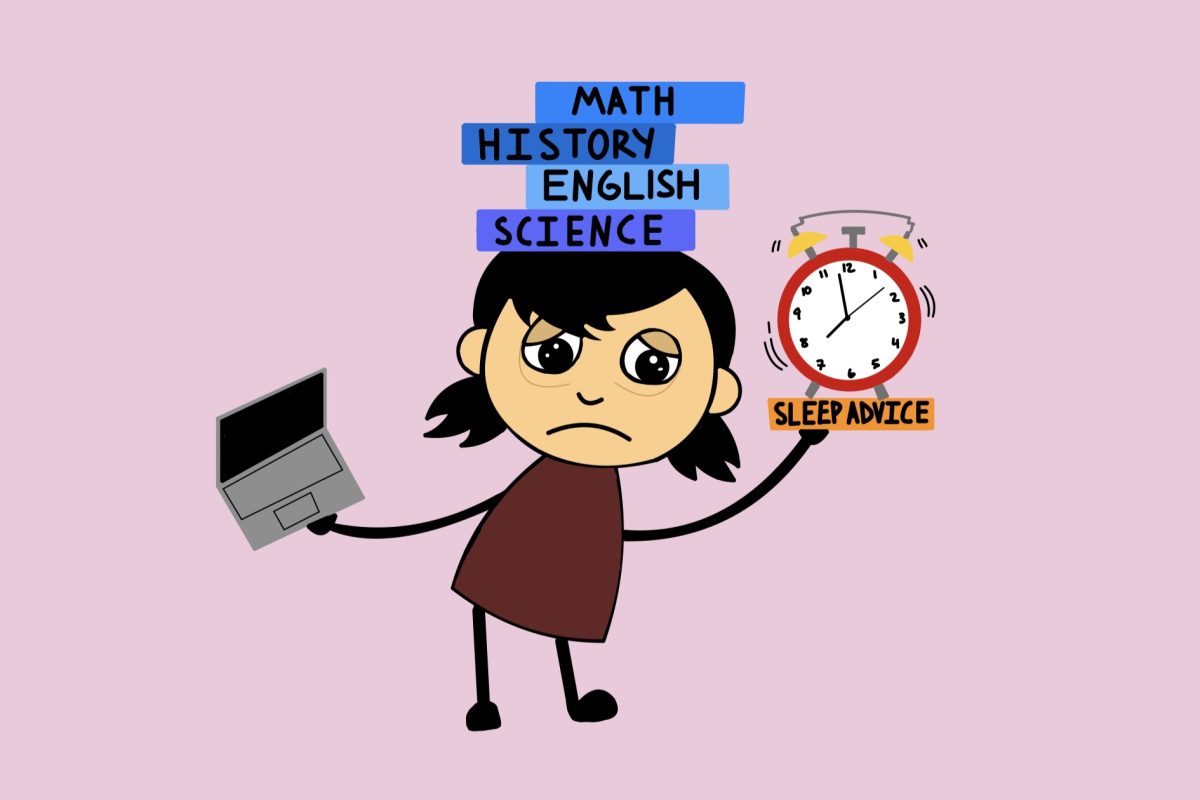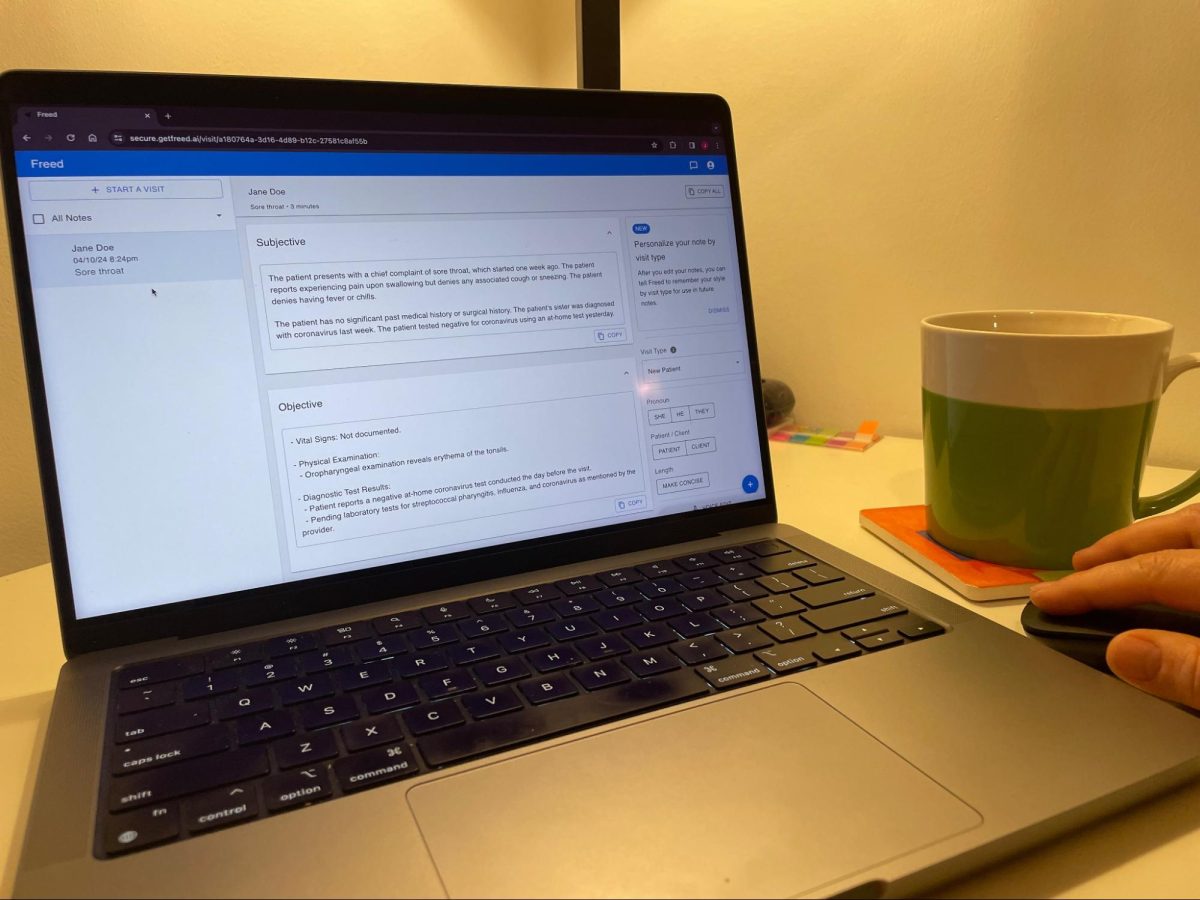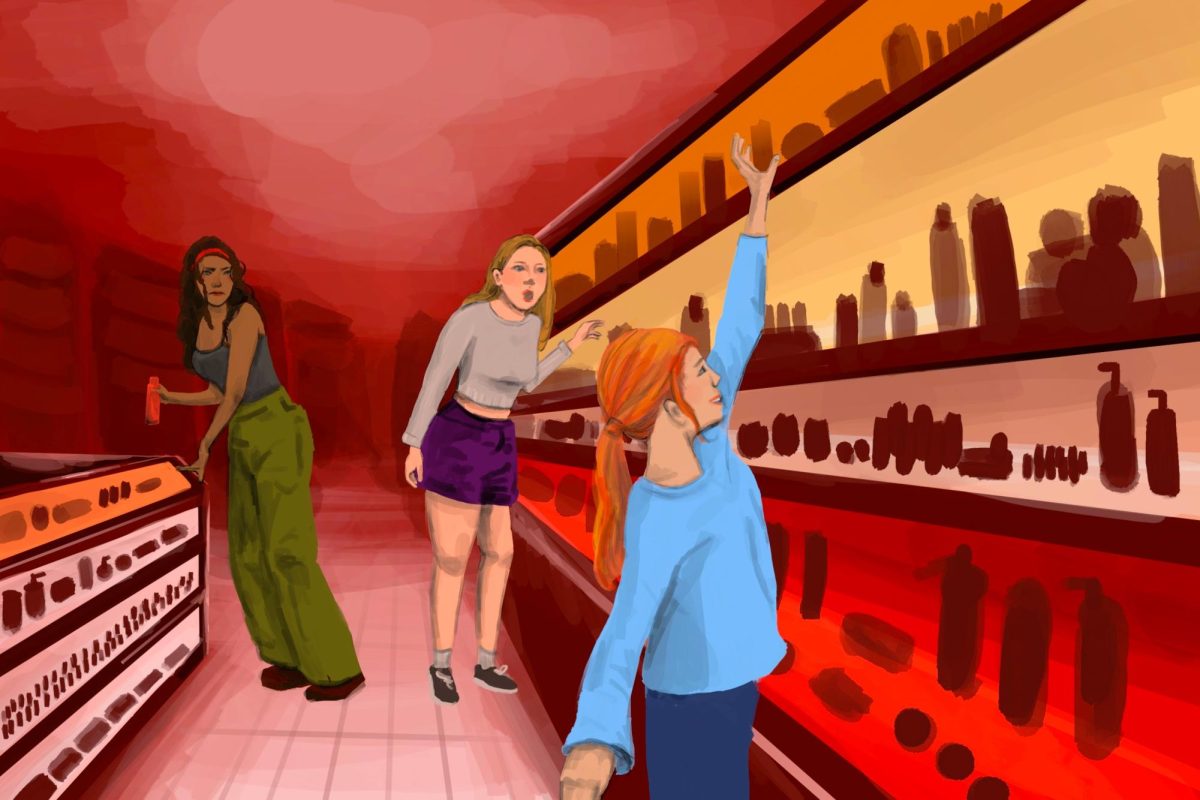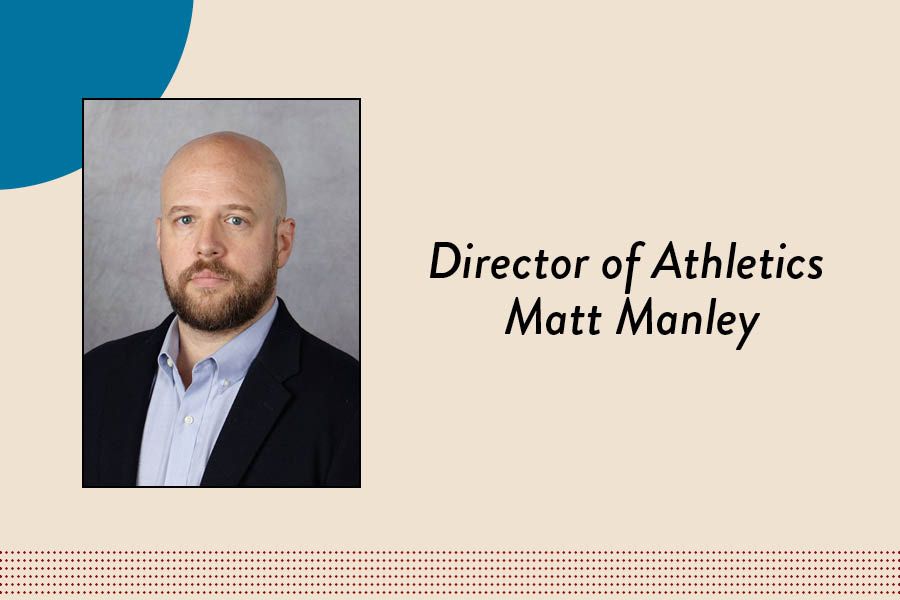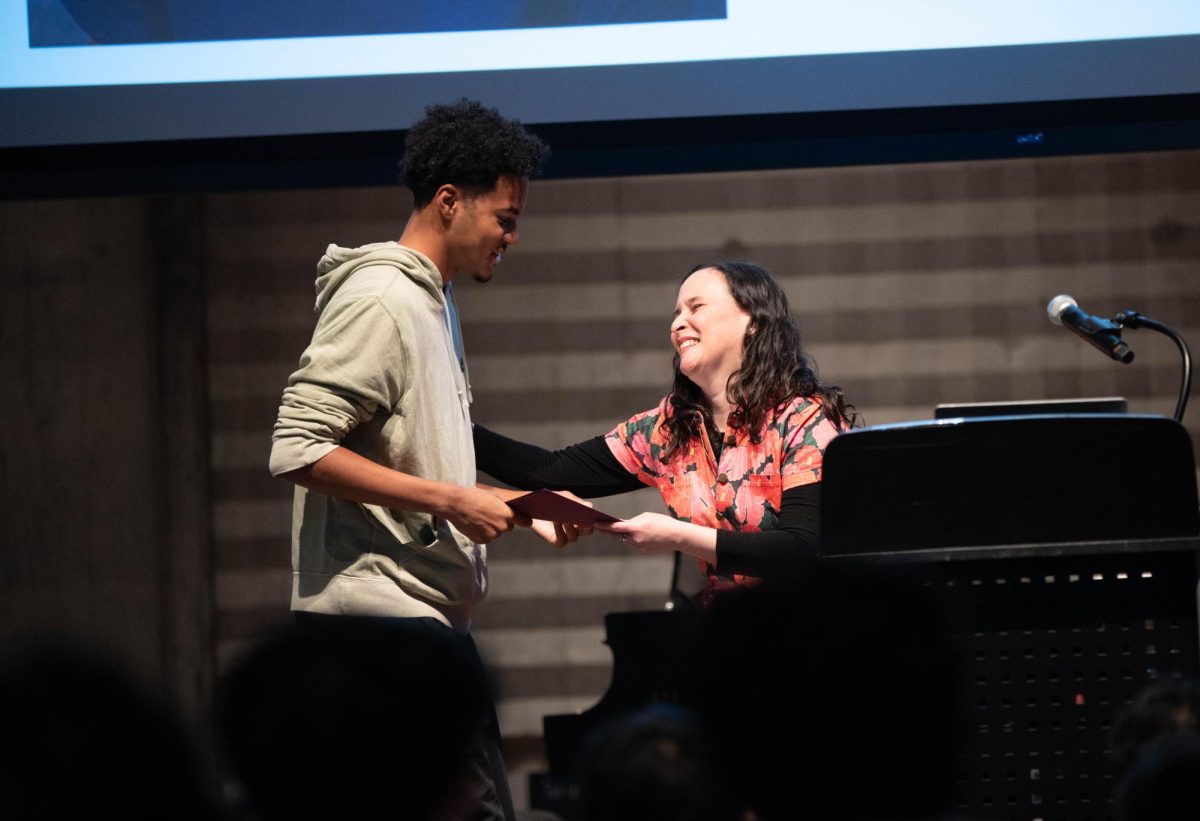Summer Pinc, a sophomore who lives in Hyde Park, sleeps 30 minutes more than last year due to the new schedule, which pushes U-High’s start time to 8:30 a.m. She feels more refreshed throughout the day because of the extra time she can now use for sleep.
“I really like the extra sleep time,” Summer said. “It is really helpful. For a while, it felt like they did assemblies for mental health and encouraged us to sleep more. They never did anything about it until they gave us this extra time.”
The later start time was implemented in part to give students more time to sleep, following research showing that high schoolers should sleep 8-10 hours daily.
Students like Summer have utilized this time for sleep. For others, though, this is not the case, especially students with longer commutes or who engage in after-school activities.
Uma Malani, a junior on the girls swimming team, said the schedule gives her at most 15 minutes more sleep. She said the extra time does not change her schedule greatly, considering she leaves her house around the same as last year because of the increased traffic.
“One day, I will leave my house at 7:30 a.m., and I will get to school at 8:10 a.m.,” said Uma, who lives in the Old Town neighborhood on Chicago’s North Side. “Another day, I might leave my house at the same time and get to school at 8:30. At that time, more people are going to work, so the traffic is heavier. It takes more time to get to school, which is frustrating, and as a result, the extra time doesn’t really do anything.”
For Adrija Chatterjee, who uses public transportation, the schedule does not change when she leaves her house for school, since the transportation schedule remains the same.
Adrija said the 30 minutes gives her time to complete homework at school in the morning but does not give her time to sleep.
Alejandra Lastra, a pulmonologist and assistant professor of medicine at the University of Chicago, said she is unsurprised that some students are not using the 30 minutes for sleep.
“Lab made a good decision to delay the start time, but it should be later,” Dr. Lastra said. “I think 30 minutes is in the right direction, but it is not enough to make a big difference.”
Dr. Lastra said puberty causes teenagers to face a two-hour natural delay in their sleep schedule and circadian rhythm, and the delay with the earlier start time does not give teenagers the recommended 8-10 hours.
“It is not that teenagers are fighting sleep. It is just that they are not biologically ready for sleep,” she said. “An earlier start essentially punishes teens for a biologically proven phenomenon.”
Dr. Lastra said she encourages teens to find a balance between academics and a healthy sleep schedule because the effects of sleep deprivation can be severe.
“It is also important to build resilience and prepare students for college, but at the same time, it is just as important to keep a balance so that you have enough time for leisure and mental health,” Dr. Lastra said. “By 11:30 p.m., you should be in bed, no negotiations. It should be a priority like you would prioritize going to school on time.
Effects of sleep deprivation, according to Dr. Alejandra Lastra
- The velocity at which toxins are cleared from the human body is eight times faster when asleep than awake. The toxins have been proven to be linked to Parkinson’s disease and Alzheimer’s disease, so sleep deprivation can cause a higher risk of disease.
- Those who are sleep deprived perceive the world as more threatening, and it can affect social behavior. When sleep deprived, people tend to be less empathic, have lower tolerance for social interactions and isolate more.
- It is proven that sleep deprived people will have slower response times and are less alert. Drivers increase their risk of motor vehicle accidents when they do not get enough sleep.
- Sleep deprived people tend to adopt less healthy diets and food choices.








